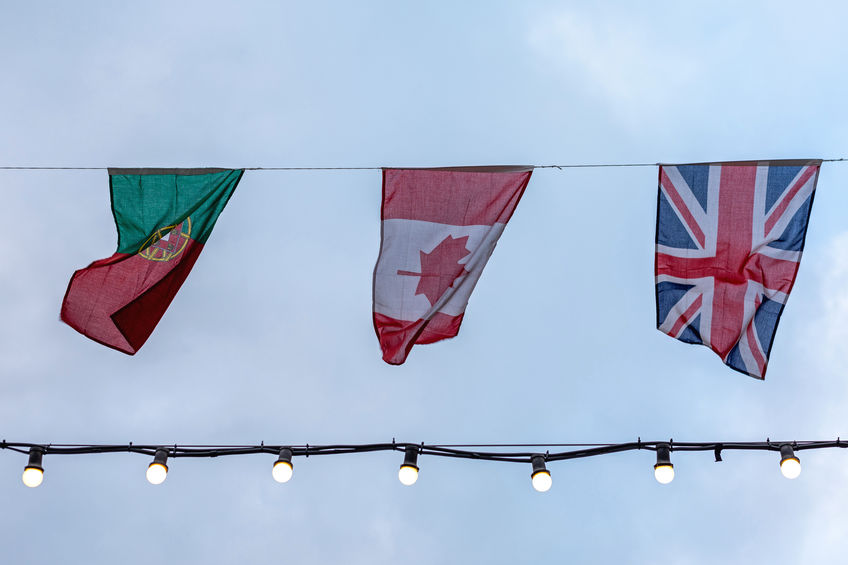
The NFU has called for safeguards for sensitive sectors such as beef and pork as the UK and Canada begin negotiations for a new free trade deal.
Talks toward an agreement have opened, a deal that the union said could offer opportunities to increase exports of British food and drink.
UK food and drink exports to Canada were worth around £344 million before the Covid-19 pandemic hit.
But the NFU warned that farmers must not be undermined by increased food imports produced to standards that are illegal in the UK.
The negotiations will build on a post-Brexit "roll-over" trade agreement, inherited from the UK's time as members of the EU.
Under this, UK producers benefitted from tariff-free trade on 98% of exported goods, including exports of beef, lamb, pork, fruit, vegetables and some baked goods.
The NFU said negotiators could go further and secure enhanced access to the Canadian market for poultry, which was excluded under the previous agreement.
UK negotiators could also seek to boost volumes of dairy products including high-value cheeses and butter, as well as sugar.
Before the Covid-19 crisis, the UK exported around 1,800 tonnes of cheese to Canada, worth over £14 million.
The UK exports to Canada are typically high-value premium or speciality cheeses, making it an important market for the dairy sector to grow.
The NFU said that securing greater access for UK cheese exports, as well as protecting their geographical indications, should be a top priority for negotiators.
Currently, the only UK products that benefit from GI protections in Canada are Scotch Whisky, Irish Whiskey, and Irish Cream.
The union said it wanted negotiators to secure recognition for additional UK food and drink GIs including for beef, lamb and iconic cheeses.
However, in return, the NFU said Canada would 'undoubtedly' want greater access to the UK's beef and pork market.
Canada is one of the largest beef exporters in the world, exporting more than half of what it produces.
The country is also the world’s third largest pork exporter, exporting 70 percent of its pork production.
The NFU said that it was therefore 'essential' for imports to meet UK standards, including on food safety, animal welfare and environmental standards.
NFU President Minette Batters said: “While we currently have some agri-food trade with Canada, there are opportunities available for British farmers to export more quality produce.
“The government must also recognise that Canada is a significant agricultural exporter that will want to increase its access to the prized UK market.
“The NFU maintains that new agreements should ensure that there are safeguards for sensitive sectors, such as beef and pork in this case, and that farmers are not undermined by increased food imports."
She added: “The NFU would welcome a strengthening under all negotiated FTAs to ensure the UK farmer’s high production standards are protected."
